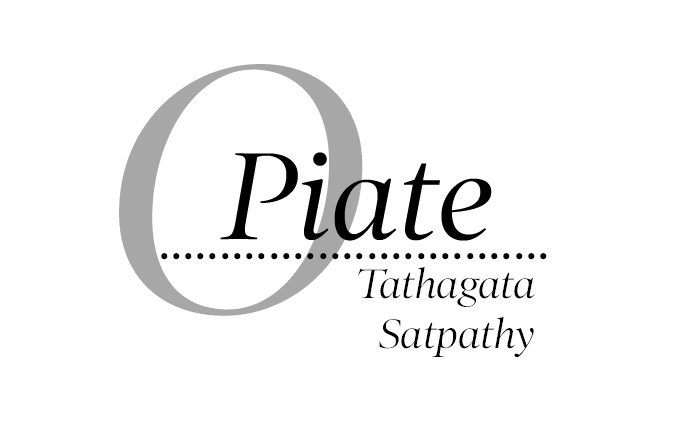The disqualification of Rahul Gandhi from his Lok Sabha seat is under great public discourse now. For a political rally speech during the run-up to the 2019 general elections, Rahul had purportedly said that the Modi surname is sported by some crooks. It is generally accepted in Indian politics that contesting candidates often use harsh words against their opponents. The Election Commission is known to have acted on such complaints in the past. Yet nobody has been disqualified earlier from an elected post simply because of a speech that is supposedly defamatory. It is also known that Indian politics is now going through an extremely virulent and poisonous speech making phase which is way ahead in dividing society compared to Rahul Gandhi’s timid speech. Freedom of Speech is an integral part of any living democracy. Once Freedom of Expression is removed from its hallowed position then obviously there will exist no democracy.
Interesting to note that Rahul Gandhi has been convicted by a lower judiciary of Surat in Gujarat for 2 years, which is the maximum period permissible under criminal Defamation law. The Indian law on criminal Defamation (IPC 499 and 500) stipulates a maximum punishment of 2 years imprisonment while the disqualification law stipulates that a People’s Representative must be awarded a minimum of 2 years imprisonment which would deem her/him fit for disqualification. Also to note is the fact that no member of any elected House can be disqualified merely by a court order until and unless the Speaker of the House passes an order of disqualification. This, no doubt, happened very swiftly for Rahul Gandhi and that too in just a day after conviction.
It is worth mentioning that the criminal part of the Defamation law is a British colonial era enactment. While this law has only the Civil aspect across the democratic world, it is having the additional Criminal tributary in India.
Disqualifying any elected member is a slap on the face of the electorate. The five year term given to any legislator does not flow down from a court or a bureaucratic setup like the Election Commission. It is by the voters of a particular constituency, which is an integral part of the whole nation. In a democracy, the Ultimate Lord is the voter. There are umpteen instances of inept legislators being disqualified (voted out) by the same voters in the next election. However, in Rahul Gandhi’s matter, the instantaneous disqualification reeks of political vendetta because it was the Speaker of the Lok Sabha who took the decision with extreme alacrity. The current Parliament session has been disturbed and non functional because the ruling BJP was hell bent on not allowing Rahul Gandhi to speak fearing discussion on sensitive subjects like the Adani imbroglio.
Also notable is the reaction of the party that Rahul Gandhi is supposed to be leading. One may wonder if he truly enjoys the support of the Congress oldies. Imagine a scenario where, after Rahul’s disqualification, all the Congress Members of Lok Sabha would have resigned from the House in solidarity and protest. That has not happened and Rahul has been ditched by his own people to fight a lone battle. Probably the ‘Congress Oldies’ felt such a show may not help their ambitions. It is also possible that some of them might have dreamt of a replay of the PV Narasimha Rao scenario where one of them could become Prime Minister. This may, however, help Rahul strengthen his own position within the party and change the old guard within the Congress or this may be the true end of the Nehru Gandhi legacy again from within the Congress. Time alone will tell.
Today’s vote catcher may be rubbished by the people tomorrow. Indian democracy will surely continue to evolve and individuals are destined to be relegated to history very soon in a fast moving world.
